Festivals in Nagaland 2025
Nagaland, a picturesque state in northeastern India, is renowned for its rich cultural heritage, diverse tribes, and vibrant festivals. The festivals of Nagaland are more than mere celebrations; they embody the spirit, traditions, and values of the Naga people. In 2025, visitors and locals alike can immerse themselves in these festivities, which showcase the region’s unique customs, music, dance, and cuisine.
Read More About Hindu Philosophy
1. Hornbill Festival
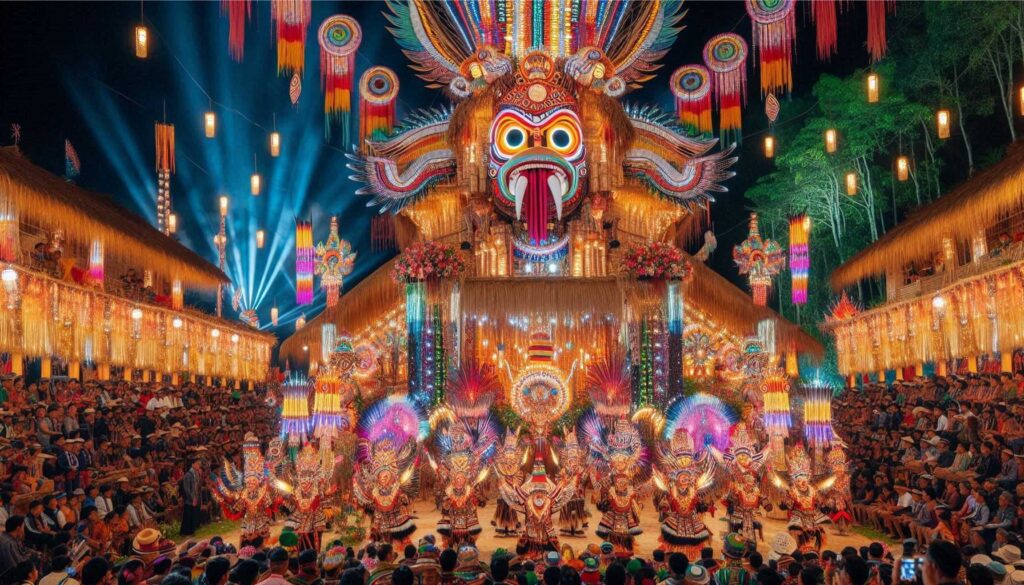
Date: December 1–10, 2025
Location: Kohima, Nagaland
The Hornbill Festival, often dubbed the “Festival of Festivals,” is the most significant celebration in Nagaland, representing the rich heritage of the Naga tribes. Held annually in December, this festival attracts thousands of visitors, both domestic and international.
Significance: The festival is named after the hornbill, a bird revered in Naga folklore. It serves as a platform for various tribes to showcase their unique traditions, including folk dances, music, crafts, and cuisines.
Activities:
- Cultural Performances: Each tribe performs traditional dances and songs, showcasing their distinct cultural identity.
- Art and Craft Exhibition: Local artisans display their handicrafts, offering a glimpse into Naga artistry.
- Food Festival: A gastronomic journey awaits visitors with traditional Naga dishes, such as smoked meat, bamboo shoots, and various local delicacies.
2. Sekrenyi Festival
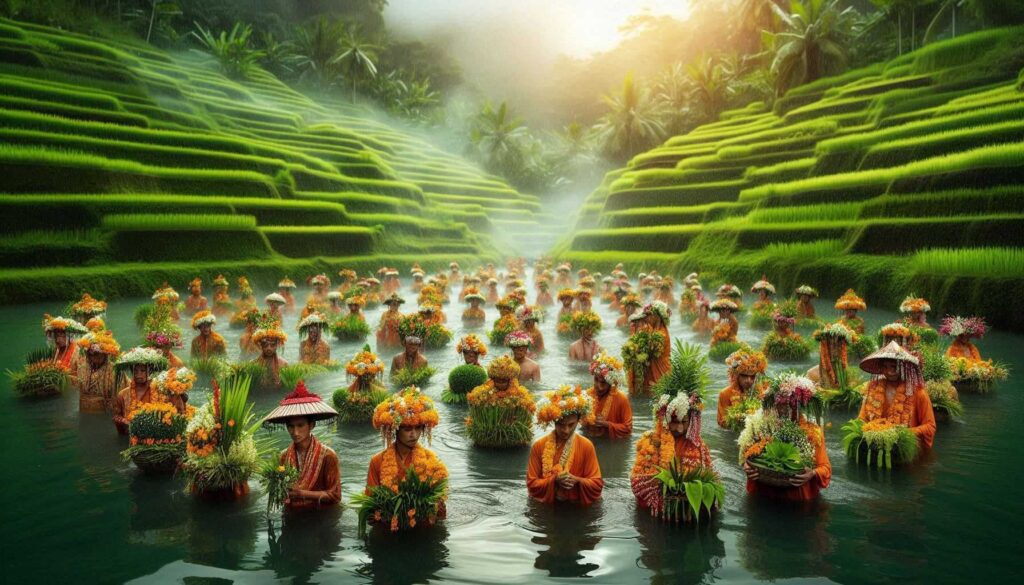
Date: February 24–27, 2025
Location: Zunheboto District
The Sekrenyi Festival is celebrated primarily by the Angami tribe and marks the start of the agricultural season. It is a time for purification, healing, and thanksgiving to the deities.
Significance: Sekrenyi symbolizes renewal and rejuvenation, with rituals aimed at ensuring a fruitful harvest.
Activities:
- Purification Rites: The festival begins with a purification ritual where participants bathe in rivers or streams.
- Cultural Dances: Traditional dances performed by the Angami people are a highlight, showcasing their rich cultural heritage.
- Feasting: Community feasts feature local delicacies, promoting unity and fellowship among participants.
3. Moatsu Festival
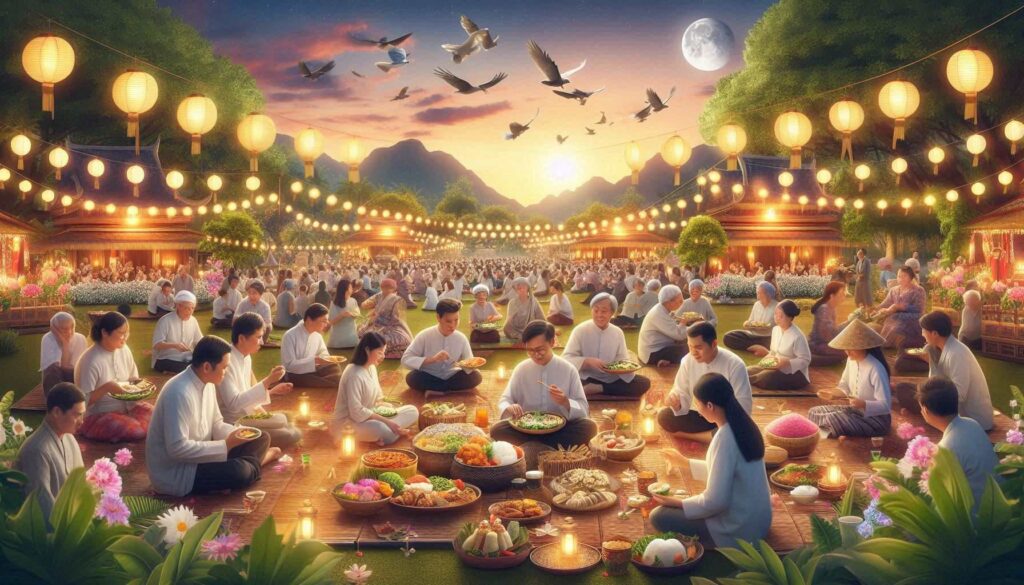
Date: May 1–3, 2025
Location: Mokokchung District
Moatsu Festival is celebrated by the Ao tribe to mark the end of the harvest season and the onset of planting. This festival emphasizes community bonding and gratitude.
Significance: The Moatsu Festival is a time to give thanks to the spirits for the successful harvest and to seek blessings for the upcoming agricultural season.
Activities:
- Traditional Music and Dance: Performances of traditional Ao dances and music create a festive atmosphere.
- Feasts and Local Delicacies: Families prepare special dishes, including rice beer, showcasing the culinary traditions of the Ao tribe.
- Games and Competitions: Traditional games promote camaraderie and friendly competition among participants.
4. Chakhesang Festival
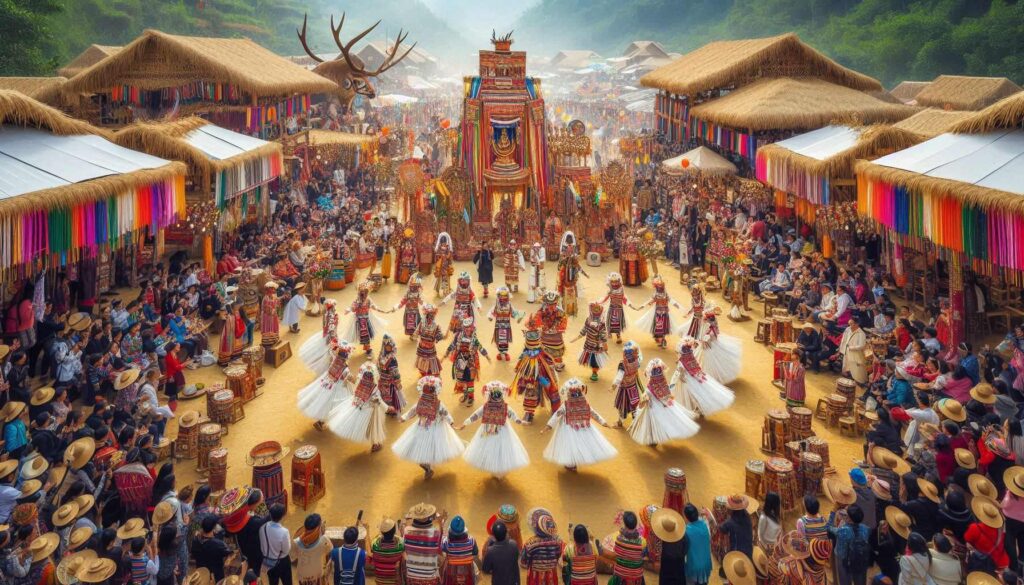
Date: September 26–30, 2025
Location: Phek District
The Chakhesang Festival is a celebration of the Chakhesang tribe’s identity, showcasing their rich cultural traditions and history.
Significance: This festival emphasizes the importance of community, unity, and respect for elders.
Activities:
- Cultural Showcase: The festival features traditional dances, songs, and storytelling, highlighting the tribe’s oral traditions.
- Craft Exhibitions: Local artisans display their crafts, providing insight into the artistic skills of the Chakhesang people.
- Community Meals: Shared meals foster unity among participants, embodying the spirit of togetherness.
5. Ngada Festival
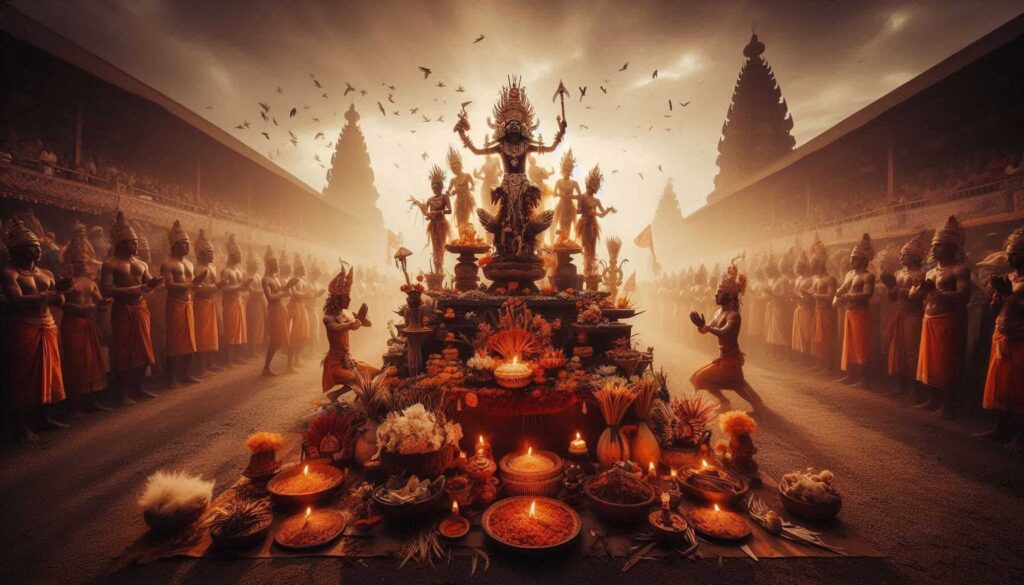
Date: November 27–29, 2025
Location: Wokha District
The Ngada Festival is celebrated by the Lotha tribe, marking the end of the harvest season and expressing gratitude to the gods for their blessings.
Significance: Ngada symbolizes the transition from harvest to the preparation for the next agricultural cycle.
Activities:
- Ritual Offerings: Offerings are made to ancestors and deities as a sign of gratitude and respect.
- Cultural Performances: Traditional dances and songs performed by the Lotha people showcase their heritage.
- Community Gatherings: The festival fosters a sense of unity, with communal gatherings and feasting.
6. Aoleang Festival
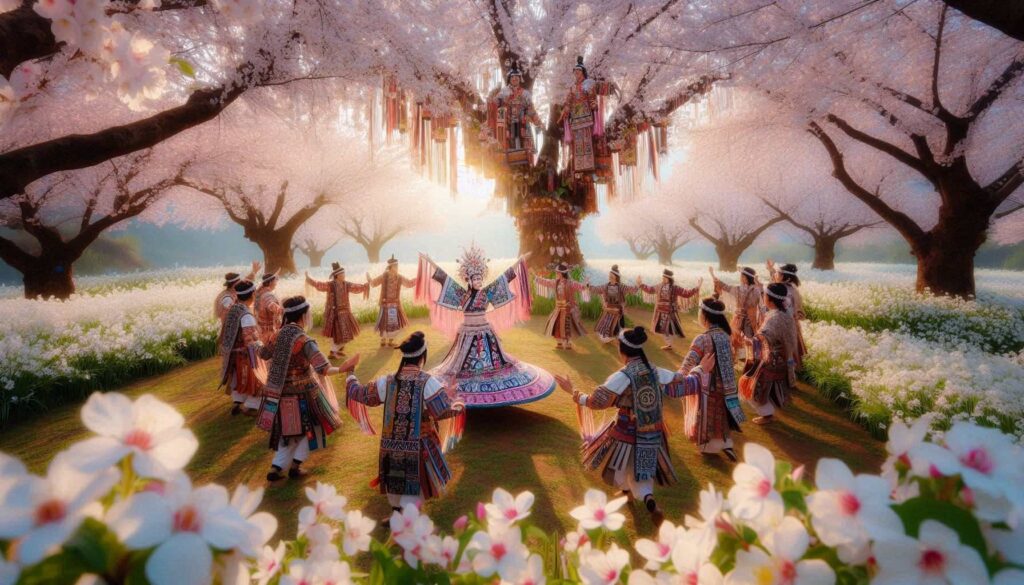
Date: April 1–6, 2025
Location: Mokokchung District
The Aoleang Festival is celebrated by the Ao tribe to mark the beginning of spring and the agricultural year.
Significance: This festival signifies renewal, hope, and the onset of new beginnings.
Activities:
- Spring Rituals: Rituals honoring deities and spirits of nature are performed to seek blessings for a bountiful harvest.
- Cultural Exhibitions: Dances, songs, and traditional crafts are showcased, reflecting the cultural richness of the Ao tribe.
- Feasting and Celebrations: Community feasts are an integral part of the festival, promoting togetherness and celebration.
7. Yemshe Festival
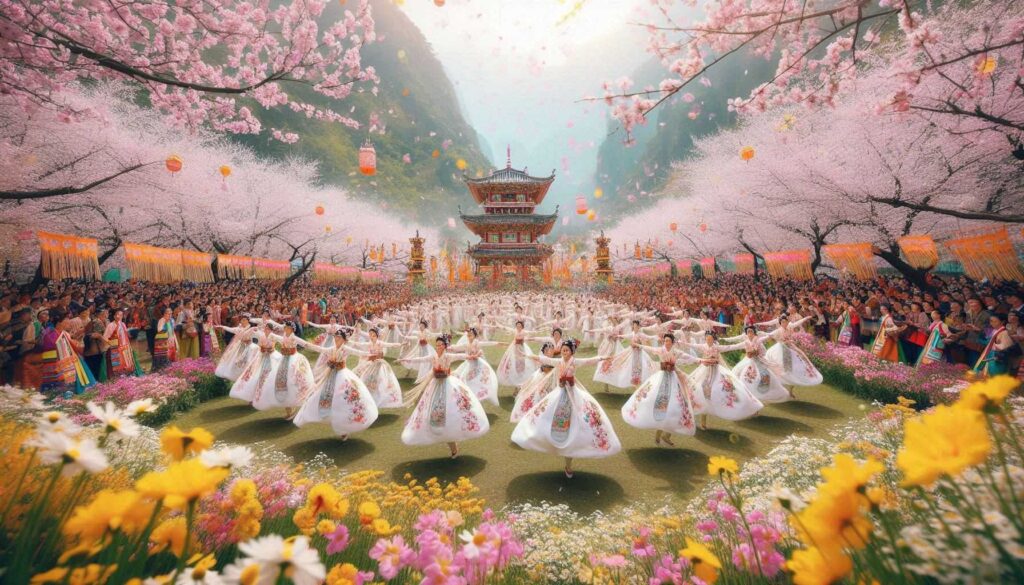
Date: January 10–12, 2025
Location: Kiphire District
The Yemshe Festival is celebrated by the Sema tribe and signifies the end of the harvest season and the beginning of a new agricultural year.
Significance: The festival emphasizes gratitude and community bonding, celebrating the hard work of the farming community.
Activities:
- Traditional Rituals: Rituals to thank the gods and ancestors are performed, fostering spiritual connection.
- Cultural Dances: Traditional dances highlight the unique cultural identity of the Sema tribe.
- Food and Community: Shared meals enhance communal ties, embodying the festival’s spirit of unity.
8. Tchakhro Festival
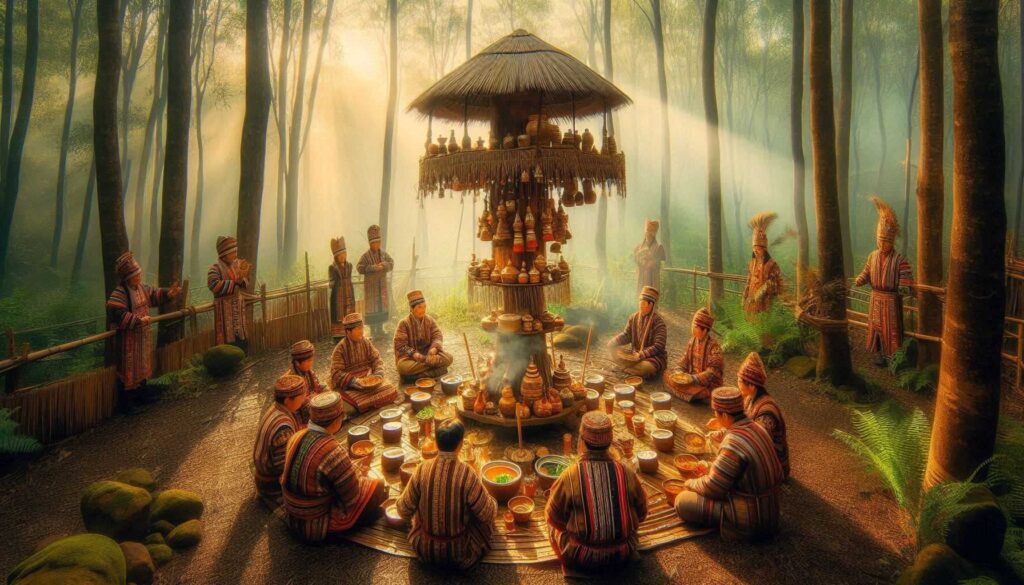
Date: March 5–7, 2025
Location: Dimapur District
The Tchakhro Festival is celebrated by the Zeliangrong community and marks the transition from winter to spring.
Significance: The festival reflects the community’s connection to nature and the changing seasons.
Activities:
- Ritual Offerings: Rituals honoring nature and ancestors are performed to ensure blessings for the upcoming year.
- Traditional Games: Games and competitions foster a spirit of camaraderie among participants.
- Cultural Performances: Traditional music and dance performances showcase the Zeliangrong heritage.
Conclusion
The festivals of Nagaland in 2025 offer a unique glimpse into the vibrant culture and traditions of the Naga people. Each festival, with its distinct rituals, music, and dance, provides a platform for community bonding and cultural expression. As visitors immerse themselves in these celebrations, they will not only experience the joy and vibrancy of Nagaland’s festivals but also gain a deeper appreciation for the region’s rich cultural tapestry.


